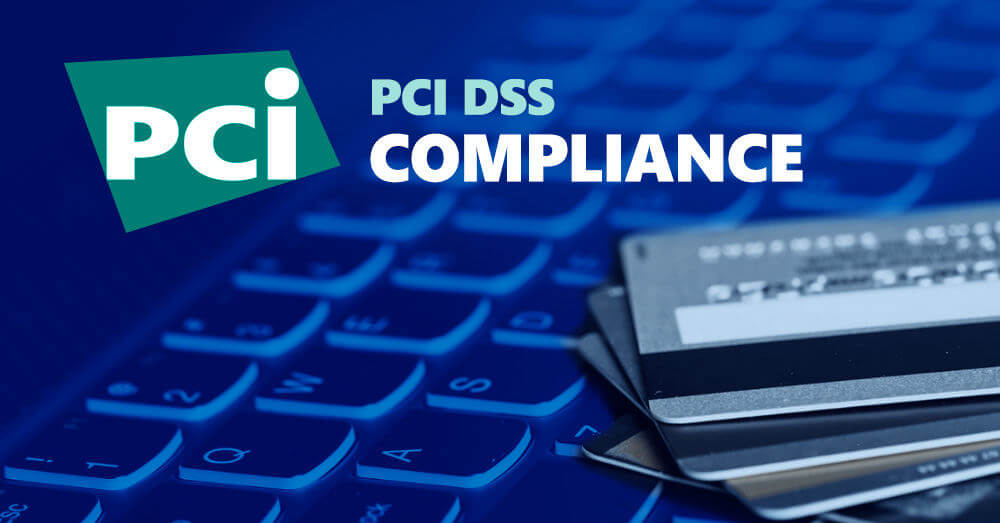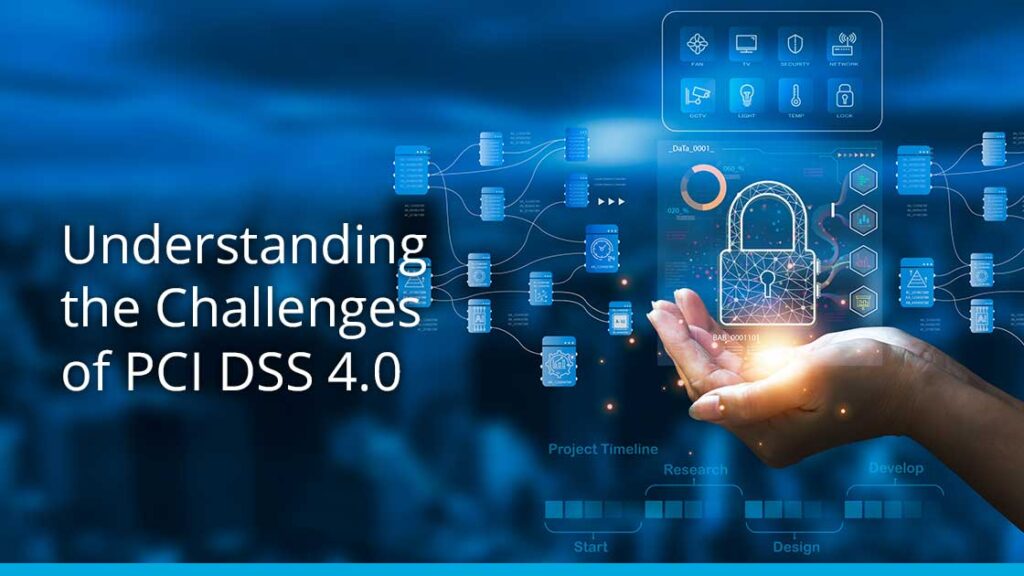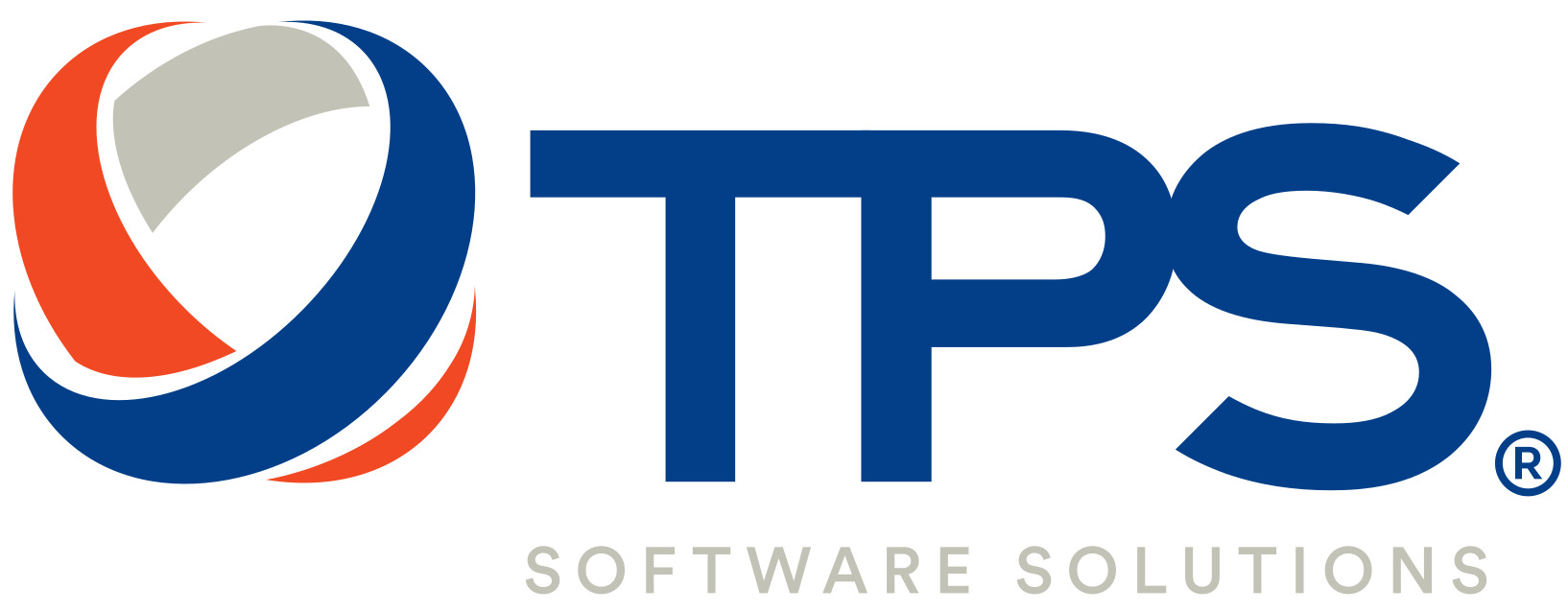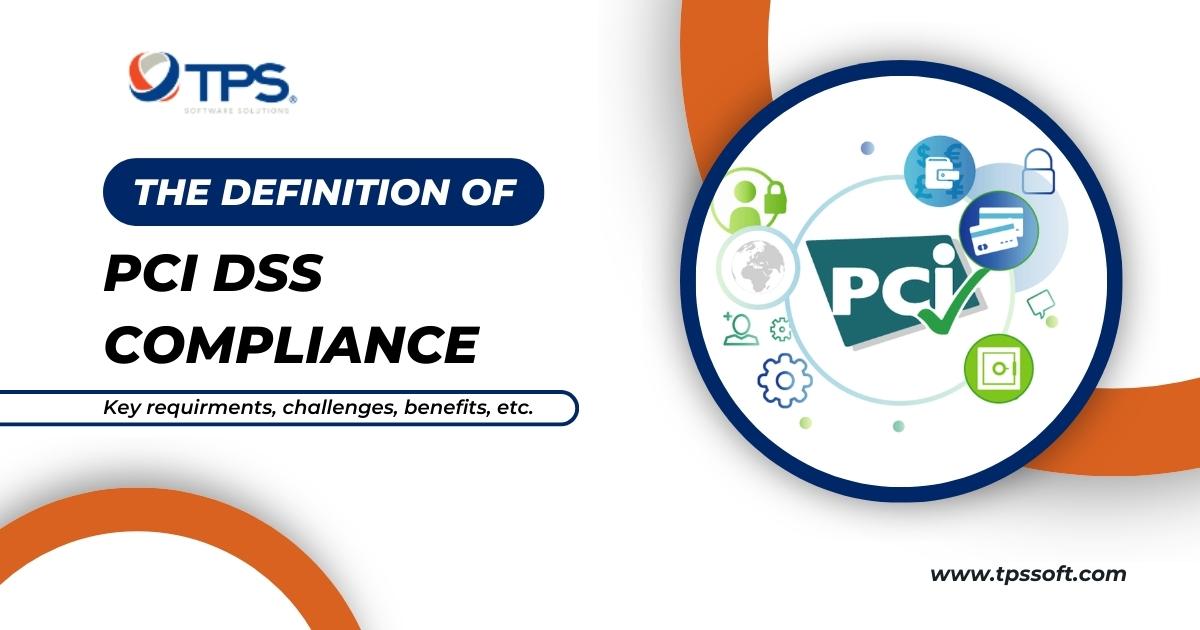Introduction
In an increasingly digital world, where e-commerce and online transactions have become the norm, the security of sensitive payment card data is paramount. The Payment Card Industry Data Security Standard (PCI DSS) was established to safeguard such data and protect consumers and businesses from data breaches and financial fraud. In this comprehensive guide, we will delve into the world of PCI DSS compliance, exploring its purpose, key requirements, and best practices for achieving and maintaining compliance.
Understanding PCI DSS
What is PCI DSS
The Payment Card Industry Data Security Standard (PCI DSS) is a set of security standards established to safely handle payment card data. It was developed by major credit card companies, including Visa, MasterCard, American Express, Discover, and JCB, to protect sensitive cardholder information from security breaches and fraud.
Purpose of PCI DSS
The primary purpose of PCI DSS is to secure payment card data and prevent its unauthorized access, use, and disclosure. By implementing these security measures, businesses can minimize the risk of data breaches, maintain customer trust, and comply with legal and contractual obligations.

The Key Requirements of PCI DSS Compliance
The 12 Requirements
PCI DSS consists of 12 core requirements that businesses must meet to achieve compliance. These requirements are grouped into six control objectives, which include:
- Build and Maintain a Secure Network and Systems
- Protect Cardholder Data
- Maintain a Vulnerability Management Program
- Implement Strong Access Control Measures
- Regularly Monitor and Test Networks
- Maintain an Information Security Policy
Each requirement covers specific security measures and practices, such as firewalls, encryption, access controls, and security policies. Businesses must address each of these requirements to achieve full PCI DSS compliance.
Scope of Compliance
One of the critical aspects of PCI DSS compliance is defining the scope of what needs to be protected. This involves identifying the systems, processes, and people that have access to cardholder data. By limiting the scope, organizations can reduce the complexity and cost of compliance efforts.
Achieving PCI DSS Compliance
Self-Assessment Questionnaires (SAQs)
PCI DSS compliance can be assessed through Self-Assessment Questionnaires (SAQs) or through onsite audits conducted by a Qualified Security Assessor (QSA). SAQs come in various types, each designed for different types of businesses, such as e-commerce, service providers, and brick-and-mortar retailers. Organizations must select the appropriate SAQ for their specific situation.
Technical and Procedural Measures
To achieve and maintain PCI DSS compliance, businesses need to implement a wide range of technical and procedural measures, such as:
- Firewalls and intrusion detection systems.
- Encryption for data at rest and data in transit.
- Access controls to limit access to cardholder data.
- Regular network and application vulnerability assessments.
- Monitoring and logging of access and changes to cardholder data.
- Security policies, procedures, and employee training.
Third-Party Service Providers
Organizations that rely on third-party service providers for payment processing must ensure that these providers are also PCI DSS compliant. This can be achieved by selecting service providers with a proven track record of security or by requiring them to demonstrate their compliance.

Maintaining PCI DSS Compliance
Regular Assessments
PCI DSS compliance is not a one-time effort but an ongoing process. Businesses are required to conduct regular assessments and audits to ensure that security measures remain effective. These assessments include penetration testing, vulnerability scanning, and internal audits.
Data Security Policies and Employee Training
Maintaining a culture of security is crucial for long-term compliance. Organizations should establish and maintain data security policies, conduct regular employee training, and enforce security awareness among their staff.
Incident Response and Breach Notification
Even with robust security measures in place, breaches can occur. PCI DSS compliance includes having an incident response plan to address data breaches promptly and efficiently. This involves notifying the appropriate parties, including cardholders when sensitive data is compromised.
Benefits of PCI DSS Compliance
Enhanced Security
Achieving PCI DSS compliance helps businesses enhance their overall security posture, reducing the risk of data breaches and financial losses.
Customer Trust
Consumers are more likely to trust businesses that demonstrate their commitment to protecting payment card data, leading to increased customer confidence and loyalty.
Legal and Financial Benefits
Compliance with PCI DSS can reduce legal liabilities and fines associated with data breaches. Additionally, businesses can avoid costly data breach notifications and credit monitoring services.

Challenges and Common Pitfalls
Compliance Fatigue
Maintaining PCI DSS compliance requires ongoing efforts, which can lead to compliance fatigue. This fatigue can result in neglecting security measures, making an organization vulnerable to breaches.
Complexity and Cost
Achieving compliance can be complex and costly, especially for smaller businesses. However, the long-term benefits often outweigh the initial investment.
Conclusion
In today’s digital age, the protection of payment card data is a critical concern for both businesses and consumers. PCI DSS compliance provides a robust framework for securing this sensitive information. By understanding the key requirements and best practices for achieving and maintaining compliance, organizations can build trust with their customers, reduce the risk of data breaches, and ensure the long-term security of payment card data.
As the threat landscape continues to evolve, staying vigilant and committed to PCI DSS compliance is essential for safeguarding sensitive payment card data and maintaining the integrity of your business.











